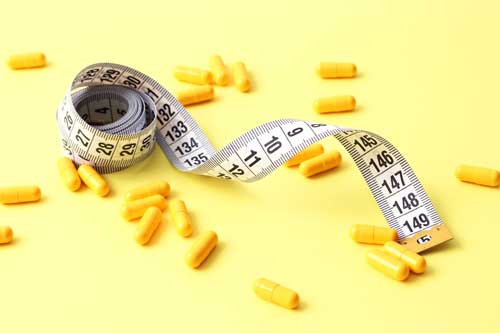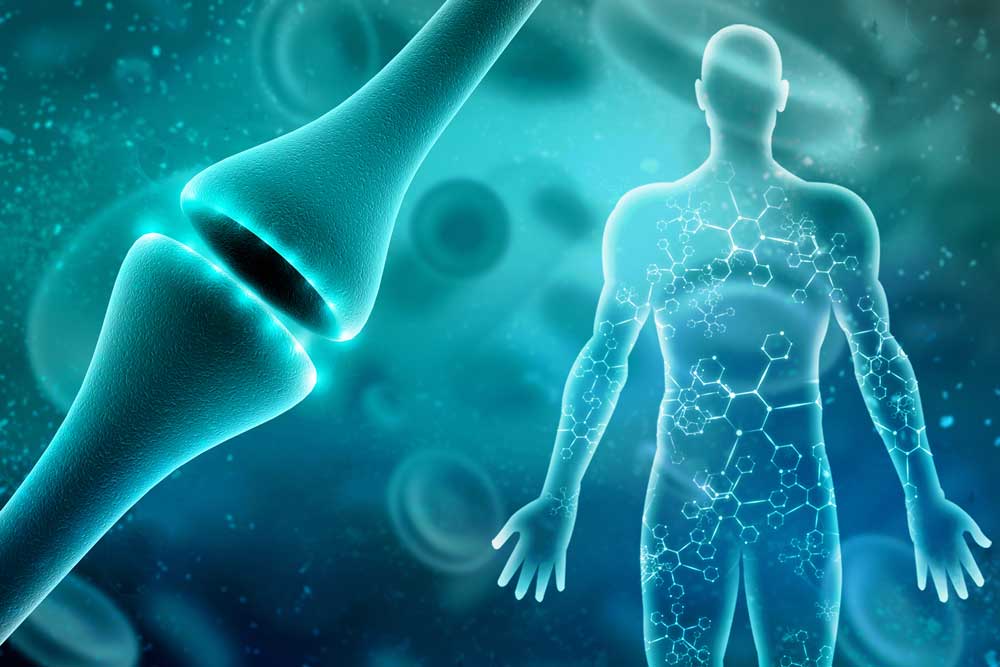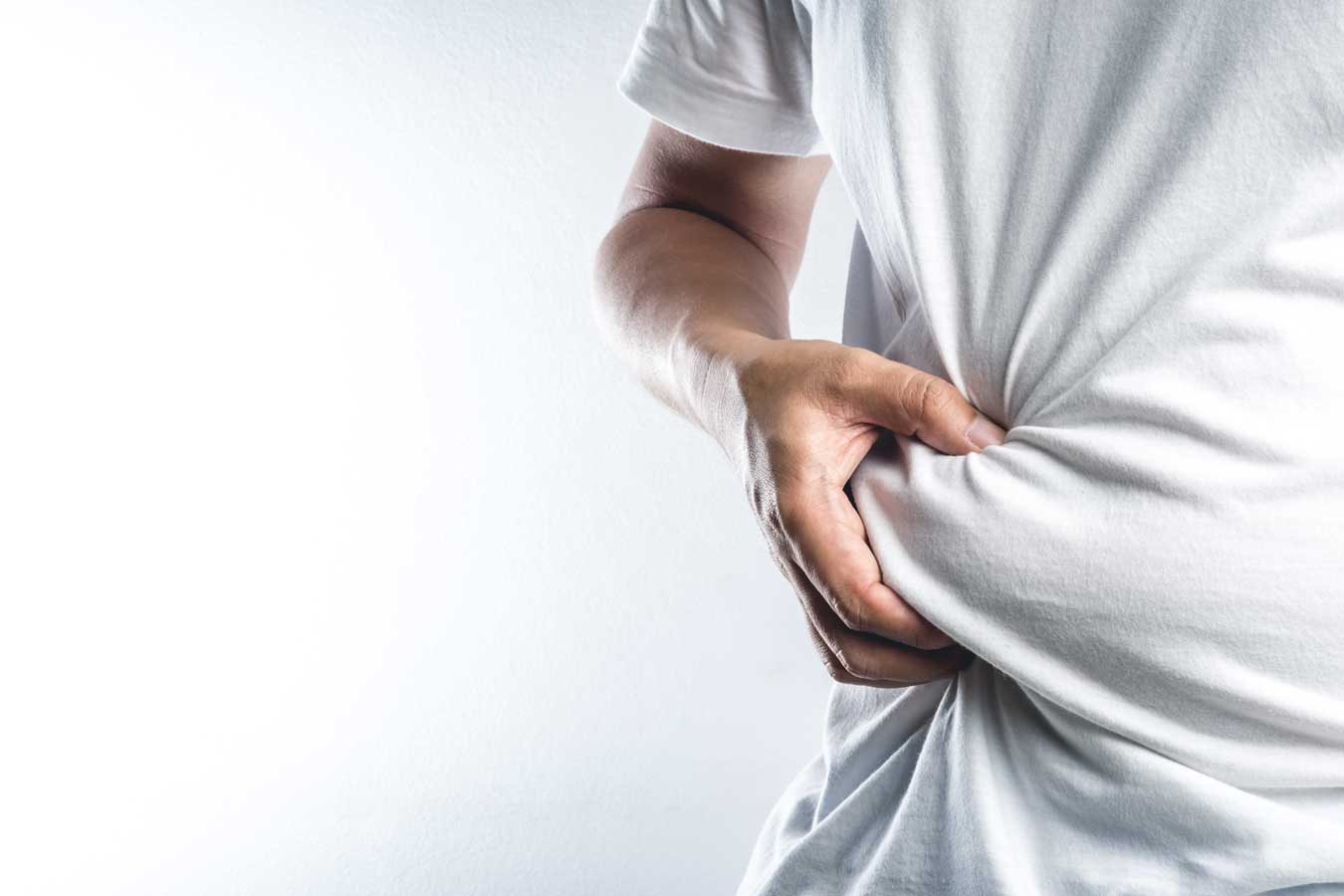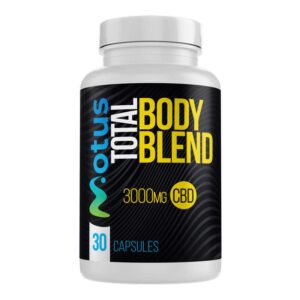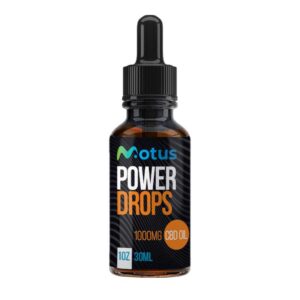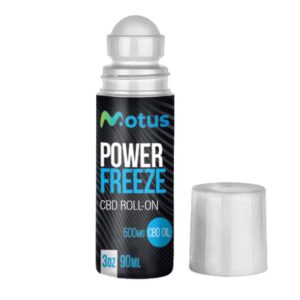Managing weight can be a uphill battle, with so many weight loss supplements and diet fads it’s hard to know the right things to take to help keep the weight off permanently. CBD has renectly taken the health scene by storm, with newly discovered benefits coming out every week. Research has started on the benefits CBD can have towards managing weight, we get into the science behind fat and CBD and how early results show CBD can contribute to helping people better manage their weight.
The latest question being asked with what CBD is “will it help with weight management”. CBD is proven to help with things such as pain, inflammation and anxiety, but now researchers are looking into the correlation between CBD and its potential for helping with weight management. To understand the connection between weight loss and CBD we first need to understand the nitty gritty science behind the human body, weight loss and how CBD plays a potential part.
CBD & Endocannabinoid Receptors
CBD is one of the 120 cannabinoid compounds found in cannabis, a direct cousin to the famous tetrahydrocannabinol (THC), unlike THC, CBD has 0 psychoactive effects but offers multiple health benefits. It’s important to understand the science behind how the human body reacts to the intake of CBD. Our bodies have a built-in endocannabinoid system, which responds to different compounds in the body through two main cannabinoid receptors, known as CB1 and CB2.
CB1 receptors are located mainly in the brain and our central nervous system. CB1 receptors are important to having a healthy functioning brain and are one of the most important receptors within the nervous system. Depending on the specific section of the brain, CB1 receptors can moderate things like your memory, motor functions, pain management and mood.
CB2 receptors can be found throughout our entire body and are found on cells located in your immune system. These cells help moderate inflammation and our response to viruses and diseases.
The function of these receptors pertains specifically to those who are healthier and are not overweight, but for those who suffer with obesity, the science is different. When an individual is suffering from obesity, their CB1 receptors spread throughout the body due to the additional fatty tissue, opposed to just the brain and nervous system. This has lead researchers to believe there is a direct link between both CB1 receptors and obesity. Now you may be asking yourself, what does this have to do with CBD? Well, it’s quite straightforward, CBD can influence the body’s natural cannabinoids receptors (CB1 and CB2) either blocking or activating the receptors. Meaning CBD can play a role in weight loss by helping with food intake and important metabolic functions in the body.
In a recent study in the Scientific Journal of Molecular and Cellular Biochemistry, Korean researchers studied the potential benefits of CBD for the treatment of obesity. The study found stimulate genes and proteins helped increase the breakdown of fat and helped enhance the activity of mitochondria which ultimately helps improve the body’s effectiveness to burn calories. The science behind CBD and weight loss is still at the infancy stages and can be a lot to get your head around, but as the studies continue the correlation between CBD and weight loss start to get closer and are becoming more apparent.
Does CBD Oil Make You Hungry?
Cannabis plants contain over a hundred cannabinoids, cannabinoids are the naturally occurring compounds found in Cannabis plants. The two most well known compounds are tetrahydrocannabinol (THC) the main psychoactive in Cannabis and CBD which makes up around 40% of the plant resin extract. CBD doesn’t get you high and THC does, both with varying effects on appetite.
THC is commonly known to produce cravings for specific foods, particularly sweet and fatty foods. This is due to a direct result of THC increasing the hormone ghrelin. Ghrelin is a hormone that is produced and released mainly through the stomach, with other small amounts coming from the intestine, pancreas and brain. Termed as the hunger hormone, Ghrelin circulates the bloodstream acting as a hypothalamus which is an area of the break that controls appetite. When your stomach is empty it produces more ghrelin, sending a message to the brain that you are hungry. THC increases ghrelin which in turn tells your brain you have the feeling of hunger, even if your stomach isn’t empty. With CBD, the opposite effect takes place. The part of the hypothalamus, which regulates ghrelin is increased through the CB1 receptor. CBD is known to block CB1 receptors, which prevents your hungry hormone from being produced helping reduce appetite and the need to overeat.

CBD Oil for Weight Loss
Before we jump into the relation between CBD and body fats, let’s look into the basics of body fats in humans.
It’s important to remember that even though the word fat has a negative meaning, not all fats are bad. Fats play a major role in storing energy within your body, without fats the body cannot store and use energy. Too much fat however can have a negative effect on the body, relating to things such as obesity. To understand CBDs relation to preventing obesity, we first need to understand the types of fat we have in our body.
White fat is the main type of fat we store in our body, also known as adipose tissue. White fat is found directly underneath the skin and our internal organs also known as visceral fat. This is the fat that produces our main energy source, storing energy and accumulating in our body. This particular fat is stored to produce energy throughout the day and keep the body warm. White fat also acts as a sensor for hormones, which can be triggered by things such as stress. When we don’t exercise or eat too much fatty foods our white fats build up, directly leading to obesity. When we store too much white fat we are at a higher risk of diabetes, high blood pressure and heart disease.
Brown fat like white fat, stores energy, but within a much smaller space then white far. Brown fat is brown in color, containing an abundance of iron rich mitochondria. The main purpose of brown fat is for it to burn. Brown fat takes the energy from the calories we eat and burns them to create heat within our body, this is known as thermogenesis. While our brown fat starts to brown, it means that your body is burning calories helping keep us warm and while our body maintains heat we are losing weight. Brown fats are most commonly found in animals before hibernation, where they slow burn their brown fats while sleeping to keep themselves warm.
The link between CBD and these 2 fats is simple. There is a possibility that CBD can help transform white fats into brown fats. CBD has been found to help stimulate genes and proteins which improves the process of breaking down and oxidizing fats, also increasing the body’s ability to burn calories by expanding the activity of mitochondria. Mitochondria is what makes brown fat look the way it does. CDB may have the ability to induce the fat browning process, converting white fats into the healthier brown fats. This makes CBD a potential promising agent for helping prevent obesity.
CBD for Diabetics
Diabetes and pre-diabetes effects over 100 million people in the United States, with 2 out of 5 Americans expected to develop type 2 diabetes in their lifetime. Diabetes is a chronic disorder that comes from when your body doesn’t create enough insulin or when your body starts to resist the insulin within your body. The body has trouble regulating the level of glucose in the bloodstream at a healthy level.
Type 1 diabetes is when your body is not longer able to produce insulin, which is the main hormone needed to transfer glucose from the bloodstream into cells. This is predominantly due to an attack on the pancreas, which is the origin your body uses to produce insulin.
Type 2 diabetes is the more complex of the two, where your body produces insulin but it either doesn’t produce enough or your cells become resistant to the physiological pathways the insulin takes. Type 2 is the most dominant form of diabetes with around 90-95% of diabetics in the world suffering from Type 2.
As we noted earlier, the human body has naturally occurring CBD receptors that are apparent throughout the entire body, this includes places like the brain, nervous tissues, organs, endocrine glands and immune cells. Another vital organ where CBD receptors are highly prevalent is the pancreas where CB1 receptors have been found specifically in the pancreas islet cells, which in plain language is where insulin is produced. This suggests that CBD may stimulate those specific receptors helping produce to higher levels of insulin production. It should be said however that there has not been enough medical research to definitively prove CB1 receptors directly produce insulin in the pancreas. While there is a good possibility those receptors pay a pivotal role in producing insulin, more research needs to be conducted.
How to Use CBD Oil for Weight Loss
CBD is very much at the infancy of it’s life process and the same can be said for its research. The evidence between weight management and CBD is very much in the beginning research stages, with a handful of studies being done or conducted currently. The previous studies used rodents to test the correlation between CBD and weight management. As research expands and governments and medical clinics invest more money into the health and scientific benefits of CBD, we will continuously update our readers with the most up to date content to ensure accurate and timely information.
That being said, there are certainly ways in which you can utilize CBD oil for weight loss today. A lot of people that are new to CBD will start taking it for pain or inflammation – two symptoms that could be part of your underlying health problems. CBD oil for weight loss typically takes the form of an overall health supplement: helping to minimize detracting factors like pain, inflammation, nausea, insomnia and others while supporting good health initiatives like mental focus, energy and a calm/relaxed body.
Does CBD oil make you hungry? How can CBD oil for weight loss change my relationship with diet & exercise? What are the risks of taking CBD oil for weight loss? These are some of the fundamental questions we have answers to, and the data supporting CBD oil for weight loss continue to take shape as more research comes into the fold.
CBD does not actually cause weight loss, but it can be taken as a supplement that can help you achieve your fitness goals. Cannabidiol is excellent at suppressing nausea, easing pain, reducing inflammation, helping you to sleep more consistently and can even quell your nervousness. Try CBD oil for weight loss as a supporting element in your quest for personal excellence.

